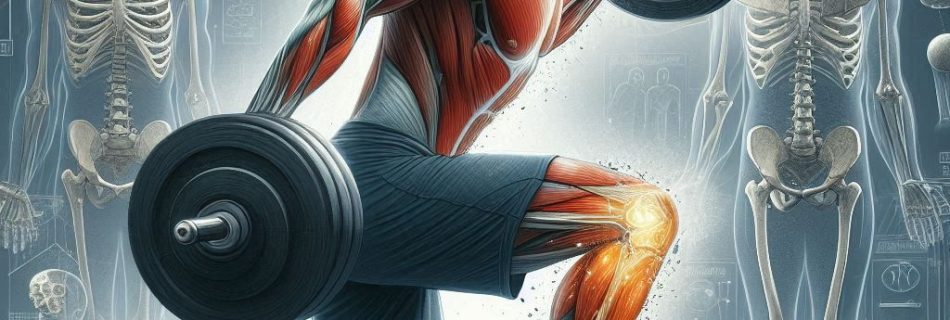Do Smart Supplements Really Work? A Research-Based Look
In recent years, the global supplement market has seen an exponential rise in the popularity of so-called “smart supplements.” These supplements, often marketed as cognitive enhancers or nootropics, promise to improve mental clarity, memory, focus, and overall cognitive function. With terms like “brain boosters” and “memory pills” taking center stage in advertisements, it’s easy to …
Read more “Do Smart Supplements Really Work? A Research-Based Look”









